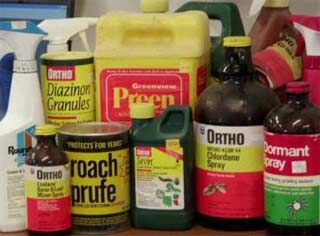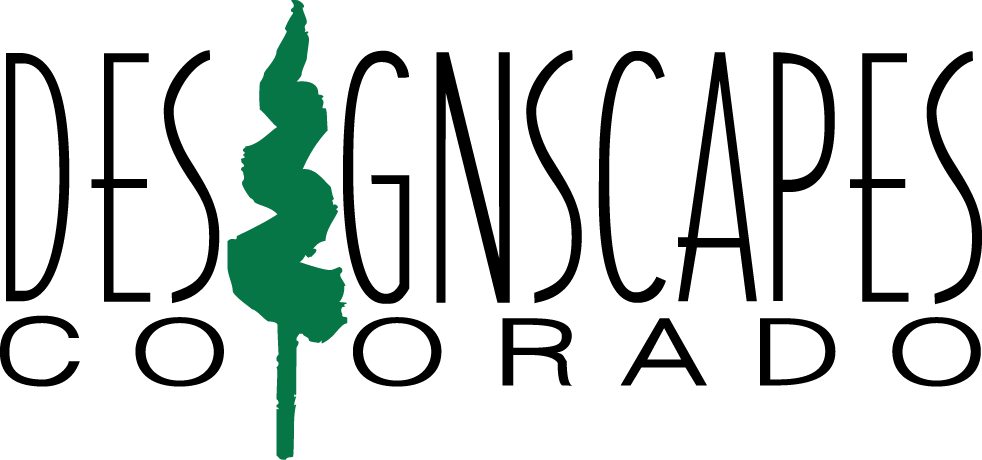Tip of the Week: Pay Attention to What you buy and Apply
 As the gardening season takes off, many of us will be off to the hardware store and garden center for products to control pests and weeds and to fertilize our plants. What you don't know may hurt you or your produce and the adage "buyer beware" applies.
As the gardening season takes off, many of us will be off to the hardware store and garden center for products to control pests and weeds and to fertilize our plants. What you don't know may hurt you or your produce and the adage "buyer beware" applies.
Whether you're zapping dandelions or controlling a serious pest, the product you use needs to be the right one for the job, used correctly and applied safely. Some product labels have caution statements to protect the safety of the person who applies it as well as pollinators, edibles and other plants nearby.
Important info on the label:
- Guidelines for mixing (if applicable).
- When and how often the product should be used.
- How to protect yourself as the applicator with clothing and other gear.
- How wind and temperature impact the safety or effectiveness of the application.
Apply the carpenter's rule. to measure twice and cut once to the array of lawn and garden products. Read the label carefully at least twice and apply once. If you need to treat again, follow the label guidelines. More is not necessarily better and precautions are there for a reason.
Know product limitations. If you spray some products on dandelions in the lawn, they will kill only the dandelion and leave the grass in tact. Other products, however, will not only zap the dandelion, but also the lawn. Labels - and knowledgeable pros - can help you sort this out.
Be aware of lawn fertilizers. If "Fe" is listed in the product formulation, then the product has iron among the chemical components. Iron is used to green up the lawn. If fertilizer particles land on walks or drives during application and then get wet, the iron will create stains with red blotches and streaks on concrete. To avoid stains, sweep the product off walks and drives asap after application.
Natural can still be toxic. When using products labeled "natural," we tend to think of them as non-toxic. That's not necessarily so. Just as many plants are as poisonous as they are pretty, "natural" products can be as harmful as they are ecological. Even natural products have the potential to cause harm if they are not handled properly.
While many plants have developed toxins to protect themselves from pests, a product made from plant derived toxins can be toxic to humans. The toxins are sold in concentrations much higher than found naturally in plants. All chemicals, including natural ones, have the potential to cause harm if they are mishandled.
If you read food labels to have a healthy diet, apply the same strategy to lawn and garden products. Health is health whether it's about people or plants.
Please email our team at info@designscapes.org for any questions or help on fertilization, pest and weed control.



